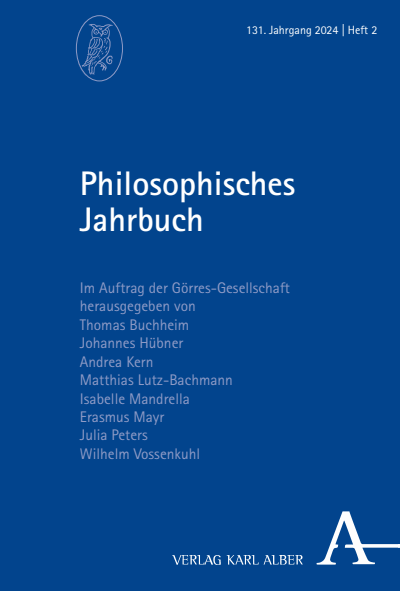Paradoxes of freedom? Introductory reflections on a philosophical debate about human freedom
From the article:
The concept of freedom is at the center of the questions that are constitutive for modern philosophy and modernity as a whole, especially for practical philosophy. The recourse to human freedom marks the pivotal point, as it were, of philosophical reflection on the principles of human action, on the will of man and his practical reason. The plea for freedom of the will and reason in action closely links the philosophical debate on freedom with the social processes of the European Enlightenment and with the political emancipation movements in the modern age and, as a result, with the development of the concept of democratic law. The latter also has the task of securing civil liberty, the equality of citizens and their social integration into the political community. “Liberté, Égalité, Fraternité” were not without reason the slogans of the French Revolution and they still describe the principles on which the international legal order of the United Nations is based, which has the central task of protecting human rights and preventing aggressive war. However, the difficulties that can be seen today in really doing justice to this task also reveal the problems associated with freedom and its realization. All this leads to the question of possible “paradoxes” in the concept of freedom.


